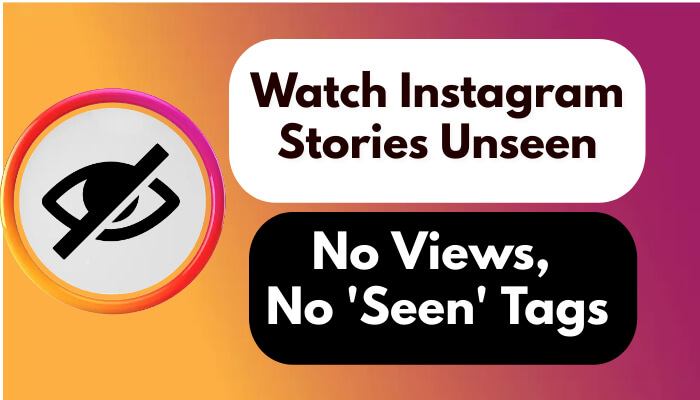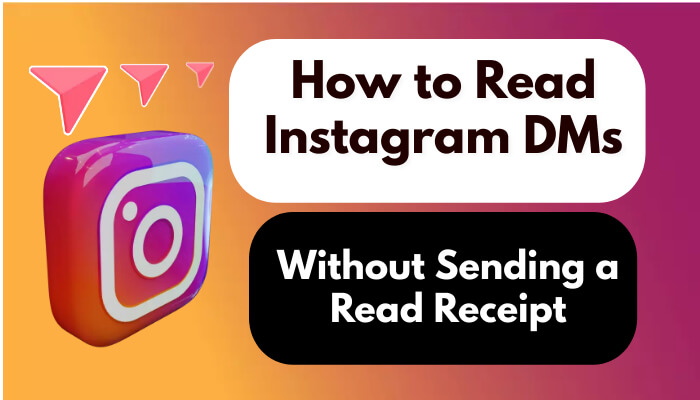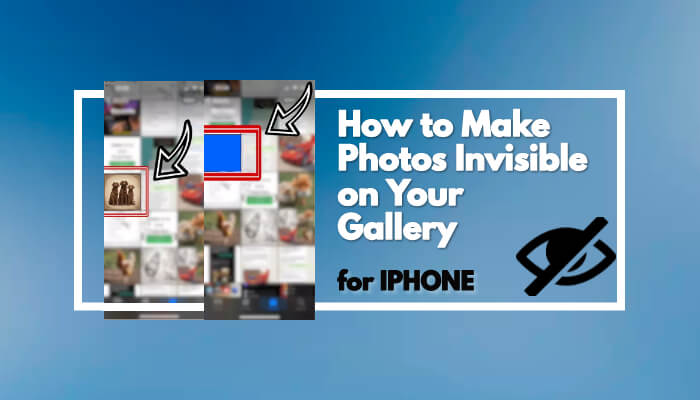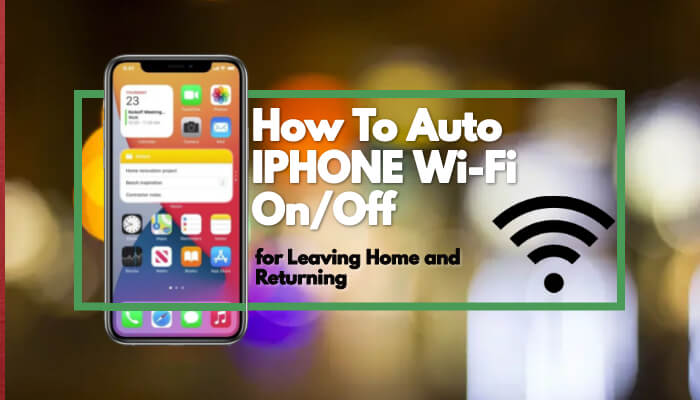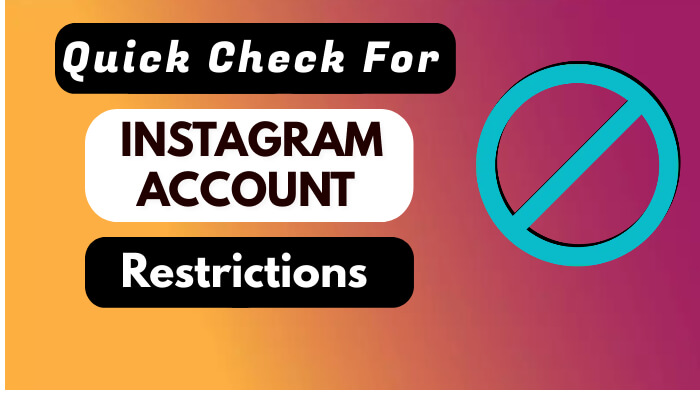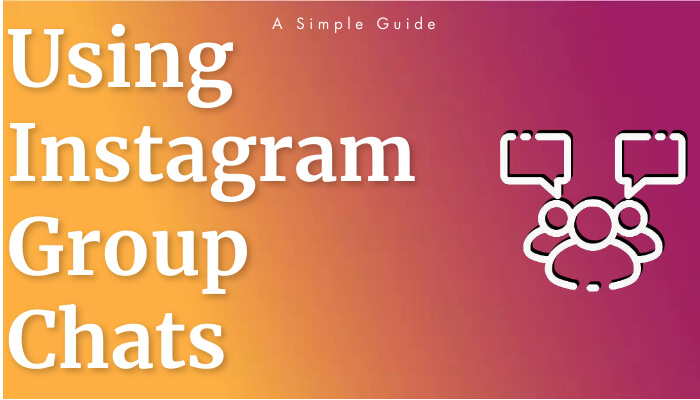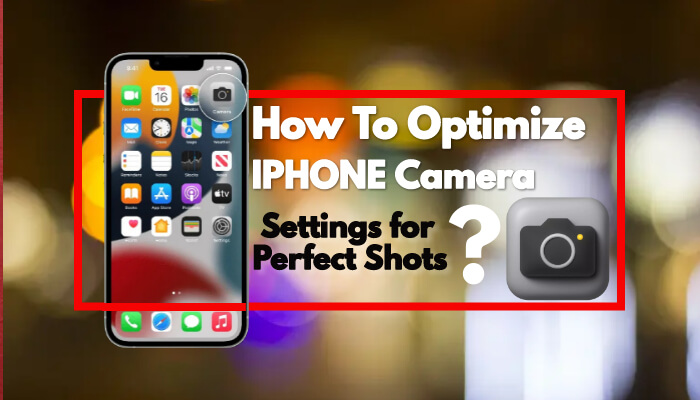
THERE'S no scarcity of criticisms that get leveled at Facebook: it’s spreading incorrect information and hate speech, it’s too polarizing, it’s answerable for fraying the very cloth of society. The checklist is going on.
This morning, Facebook’s VICE CHAIRMAN of worldwide affairs, Nick Clegg, published a lengthy Medium post addressing a few of these criticisms and unveiled some adjustments the company is making to offer customers more keep an eye on over their experience. Particularly, the corporate is going to permit Fb users to customise their feeds and the way the set of rules items content from other Fb customers to them. “Other Folks should be capable of better understand how the rating algorithms work and why they make explicit choices, and so they must have more control over the content material that may be shown to them,” Clegg writes. “You have to be in a position to talk again to the algorithm and consciously modify or ignore the predictions it makes—to alter your own algorithm in the chilly gentle of day, via respiring areas constructed into the layout of the platform.”
There’s so much to speak about there. And to assist us unpack the submit, Clegg sat down with Platformer editor and Verge contributing editor Casey Newton the day gone by for a special episode of Decoder.
in particular, Clegg does not think Facebook is designed to praise provocative content, that is a brand new rebuttal to the corporate’s critics (and likely a surprise to someone who’s paid attention to their Fb feeds). “The Truth is, it’s no longer in Facebook’s hobby – financially or reputationally – to repeatedly happen the temperature and push users in opposition to ever extra excessive content,” Clegg writes in his post. “Undergo in thoughts, the overwhelming majority of Fb’s earnings is from advertising. Advertisers don’t want their brands and merchandise displayed next to excessive or hateful content material – some degree that many made explicitly final summer season during a prime-profile boycott by way of a number of household-title brands.”
Fundamentally, Clegg’s argument is that the Facebook backlash isn’t rooted in fact or science, and that if it will get over excited, we’re by no means going to get to the easier version of the internet that a lot of us want, and he’s seeking to reset the debates on Facebook’s terms.
We’ll leave it to you to decide how a success he is.
K, Casey Newton with Nick Clegg, VP of worldwide affairs at Fb. Right Here we move.
Underneath is a frivolously edited excerpt from their conversation. This post might be updated with a whole transcript of the interview on Friday, April second.
So Much people, we’re not math majors or computer technology majors. And so there may be a few form of fear and uncertainty about what’s occurring within the heritage. considered one of the issues that Facebook is now doing is giving us some new how one can modification up what we see in the Information Feed. So what are a few of those new controls?
So some of the controls are vintage. We’ve had them for a while, but we’re just going to make them so much extra outstanding. So as an example, it's good to all the time switch to a chronological feed. However candidly, it wasn’t simple for individuals to seek out. So we’re now going to have a feed clear out bar. whilst you scroll to the top of your feed, it’ll be there. It’ll at all times be there, and also you can toggle among the feed because it currently exists, to have it chronologically ordered, or crucially, and that is new, in order that you can create your individual new feed of favorites — of favorite teams, buddies, posts, and so on. and also you’ll find a way to curate that, if you happen to like, for your self and toggle between those three — the feed because it is, the chronological feed, and your new favorites feed — in a miles, a lot more easy method.
It’ll be much more visible. It’ll be visible there when you scroll to the highest of your feed. There are different new controls besides, which I’m pronouncing this week. You’ll have the opportunity to curate with so much higher granularity than sooner than who can comment on your posts. And that is one thing which wasn’t available ahead of. And we’re also going to extend one thing which has existed for ads, for instance, and for hooked up content material. Namely, why am I seeing this? So you'll go to the 3 dots and also you can see, “Why am I seeing this ad?” We’re now going to extend that to advised content material. So while one thing’s steered to you, that cooking video, you can pass on the 3 dots, and you can see why you’re seeing that.
So I Believe, collectively, it’s a get started. I’m not likely to fake that those adjustments in and of themselves will raise all the questions that folks have about how social media operates and the way they have interaction with Facebook. However I do really feel that they are important steps in a greater course, placing users more guilty, being more open and transparent about issues, and we can follow up with a host of additional steps, larger transparency, better controls within the months to come back.
Is that also a proposal that perhaps this is the start of this feed clear out bar that you’re introducing, that that may have extra filters that come to it through the years? Is the speculation that customers could have more and extra keep an eye on over how the stuff they see is ranked?
Yeah. Look, in a perfect world, you just wish to push ever more forcefully in the route the place folks can customise their feeds. And if other folks wish to see extra or see much less of explicit varieties of content material, from specific pages or groups, there may be additionally, conceptually, at least the likelihood of exploring whether or not other folks can or can’t, when you like, flip the dial up or down on specific categories of content material. That’s exactly the kind of paintings that we wish to do. Now, exactly how granular, precisely which dials follow to which types of content, all of that still needs to be crammed in. But that is a great deal the path we’re going.
So the conventional knowledge about how the feed works now, I Think for so much of parents, and certainly of the folks who are most crucial of Facebook, is that it rewards probably the most polarizing and outrageous content material. And this is one thing that you just truly tackle on this piece and chase away towards. i suspect if there’s one sentence to your piece that almost all other people will take factor with, it’s when you write, “Fb’s systems are not designed to reward provocative content material.” on the similar time, when we look at lists of pages that get essentially the most engagement, it does are likely to be pages that appear to be pushing in point of fact polarizing content. So how do you reconcile this at Fb?
Smartly, first of all, I in fact accept that we need to only provide extra and extra information and more evidence about what's the precise content material that is common on Information Feed. after which in fact, even supposing Facebook’s critics regularly discuss sensational content material dominating News Feed, of course we wish to display, as I Believe we will, that a lot of essentially the most popular posts on News Feed are lighthearted. They’re feel-just right stories. We need to show people who the overwhelming majority of the posts other folks see on News Feed are approximately pets, young children, holidays, and similar. No Longer incendiary topics. in reality, I Feel on Monday, one most popular posts in the US was once a mom bear with 3 or 4 baby cubs crossing a road. I noticed it myself. It’s pretty. I strongly recommend that you just have a look at it. And I Feel we can, and we will be able to, do extra to substantiate that.
However beyond that, I do think, and that i do try to grapple with this as totally, as is possible in a FIVE,000-phrase piece. First Of All, the signs that are used within the ranking procedure are way more complex, are far more refined, and have far more assessments and balances in it than are implied by way of this cardboard cutout cool animated film that come what may we’re just spoon-feeding other folks incendiary, sensational stuff. And That I’m glad to go into the main points if you like, but thousands of indications are used, literally from the device that you use to the groups that you just’re contributors of and so on. We survey proof. We’re the usage of more and more survey evidence. We’ll be doing more of that within the future besides to ask other people what they to find so much meaningful. There’s been a big shift in recent years besides to reward content that is extra significant, your connections with your households and friends, as opposed to stuff that is just crudely enticing — pages from politicians and personalities and celebrities and sports pages and so on.
so that shift has already been underway. But in terms of incentives, this is the bit that maybe we now have no longer been articulate enough approximately. First Of All, the folks who pay our lunch don’t just like the content material subsequent to incendiary, ugly material. And in the event you needed any longer proof of that, this last summer time, a bunch of top advertisers boycotted Facebook as a result of they felt we weren’t doing enough on hate speech. We were getting significantly better at decreasing the prevalence of hate speech. the prevalence of hate speech is now right down to, what? 0.07, 0.08 % of content material on Facebook. So every 10,000 items of content material you spot, seven or eight could be dangerous. I desire it was down to zero. I don’t assume we’ll ever get it right down to 0. So we now have a tremendous incentive to do this.
but also when you take into consideration it, if you’re construction a product that you wish to survive for the long run, the place your folks in 10 years, in 15 years, in two decades to still be the usage of those merchandise, there’s in point of fact no incentive for the company to offer other folks the sort of sugar rush of artificially polarizing content material, which might keep them on board for 10 or 20 mins additional. Now, we need to solve for 10 or two decades, now not for 10 or 20 additional mins. And so I don’t suppose our incentives are pointed within the course that many of us suppose.
that every one being said, it is after all precise... any sub editor of a newspaper will tell you. It’s why tabloids have unused placing imagery and cage--damn language on their front pages when you consider that time immemorial. after all there are feelings of fear, of anger, of jealousy, of rage, which in fact galvanize emotional responses. They’ve performed so in all media, in all time. And so of course emotive content provokes an emotive reaction amongst other folks. we will be able to’t reprogram human nature, and we don’t want to deny that, which is why our CrowdTangle software in reality elaborates on that and shows how things have been engaged. But as you know, there may be an international of distinction between that that is most engaged with — in different phrases, the place comments and shares are most common — and actually the content material that the majority folks see. And that’s slightly, reasonably different. In Fact, in the event you take a look at what so much human beings, should you take a look at eyeballs, as opposed to comments and stocks, you get a moderately other image.
